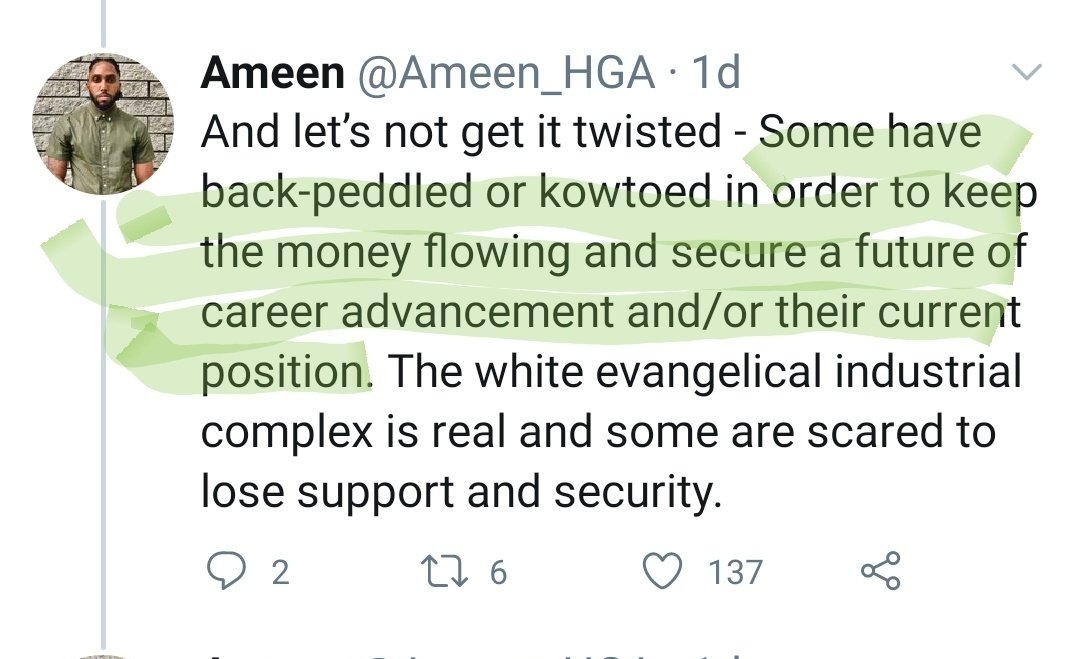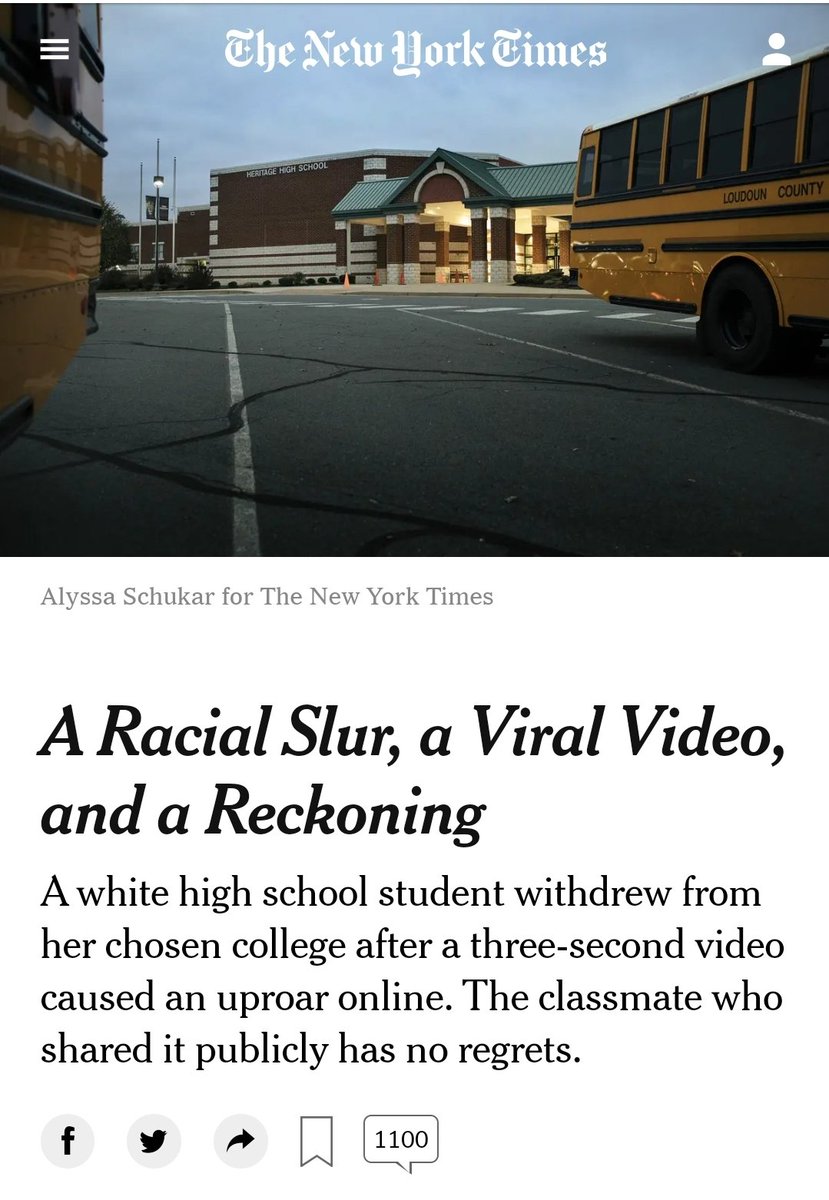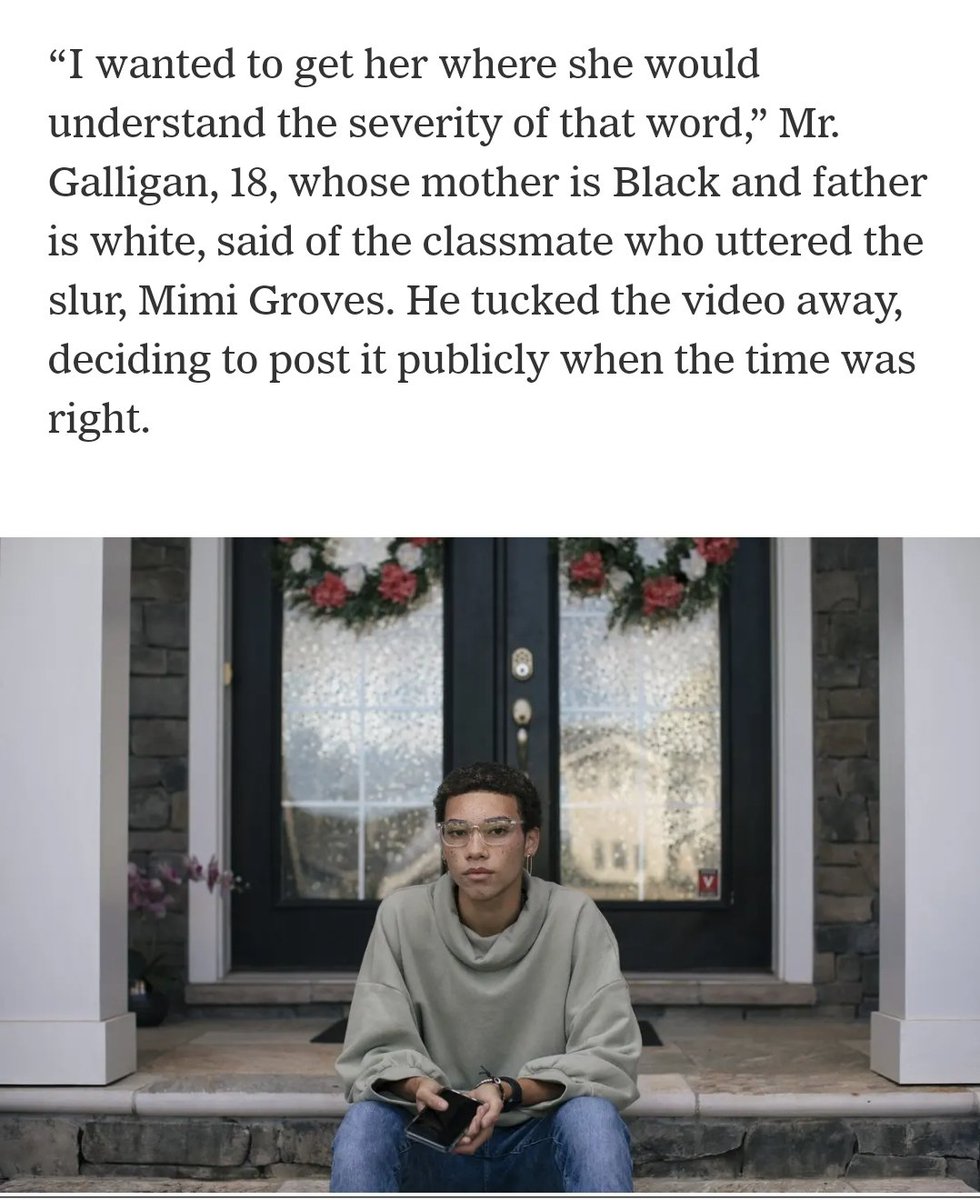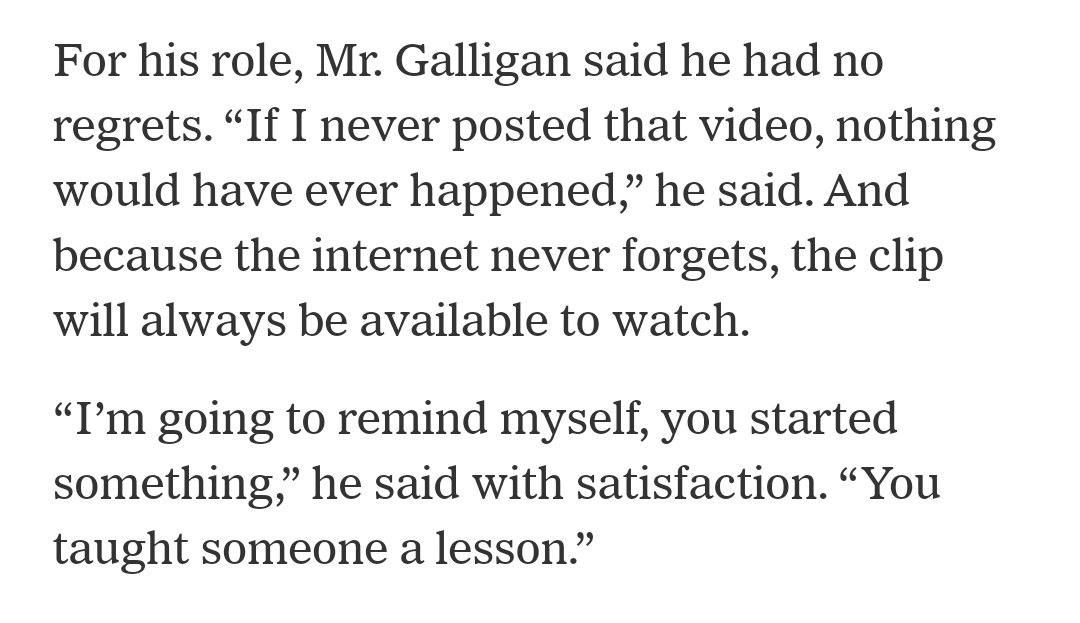
@MeditarMestizo @NeilShenvi 1/
Delgado and Stefancic explicitly state "recently, critical Race Theory has expanded into other fields" and then give a list.
This is in "the Handbook of Critical Race Theory in Education." Published by Routledge.


Delgado and Stefancic explicitly state "recently, critical Race Theory has expanded into other fields" and then give a list.
This is in "the Handbook of Critical Race Theory in Education." Published by Routledge.



@MeditarMestizo @NeilShenvi 2/
There is an entire history of CRT in education amd many books on the topic. Routledge, one of the leading academic publishers has no less than 5 large anthologies on this with material going back 20 years.
To imply CRT is primarily about race and the law is simply not true
There is an entire history of CRT in education amd many books on the topic. Routledge, one of the leading academic publishers has no less than 5 large anthologies on this with material going back 20 years.
To imply CRT is primarily about race and the law is simply not true

@MeditarMestizo @NeilShenvi 3/
Your bio says you're writing a book o CRT for IVP academic. I expect you to be clear about what CRT is and does.
Your bio says you're writing a book o CRT for IVP academic. I expect you to be clear about what CRT is and does.

@MeditarMestizo @NeilShenvi 4/
In chapter 1 of "The Handook of Critical Race Theory in Educstion" Kevin Brown, one of the flunders of CRT who was at the original meeting with Kimberlee Crenshaw and Mari Matsuda writes:
In chapter 1 of "The Handook of Critical Race Theory in Educstion" Kevin Brown, one of the flunders of CRT who was at the original meeting with Kimberlee Crenshaw and Mari Matsuda writes:
@MeditarMestizo @NeilShenvi 5/
"Moving onward, educational issues like school re-segregation, the school-to-prison
pipeline, and special education studies will be able to utilize CRT in their assessment of
educational policy"
And also that...
"Moving onward, educational issues like school re-segregation, the school-to-prison
pipeline, and special education studies will be able to utilize CRT in their assessment of
educational policy"
And also that...

@MeditarMestizo @NeilShenvi 6/
"These, and myriad other edu-
cational issues, are part of the responsibility borne by the newest wave of CRT scholars
who are challenged to carry the baton forward."
The founders of CRT explicitly say they want CRT applied outside of legal contexts.
"These, and myriad other edu-
cational issues, are part of the responsibility borne by the newest wave of CRT scholars
who are challenged to carry the baton forward."
The founders of CRT explicitly say they want CRT applied outside of legal contexts.

@MeditarMestizo @NeilShenvi 7/
There is plenty of clear literature on this.
A Critical Theorist may suggest your intrest in selling books to Christians and your interest in CRT are beginning to converge so you use "nuance" and "capacious' definitions to avoid areas of CRT your audience won't like...
There is plenty of clear literature on this.
A Critical Theorist may suggest your intrest in selling books to Christians and your interest in CRT are beginning to converge so you use "nuance" and "capacious' definitions to avoid areas of CRT your audience won't like...
@MeditarMestizo @NeilShenvi 8/
Like Crenshaw saying the Original Critical Race Theorists attscked ghe idea "that universities themselves are apolitical arbiters of neutral knowledge
rather than participants in the struggle over how social power is
exercised."
That's an idea straight out of Foucault.
Like Crenshaw saying the Original Critical Race Theorists attscked ghe idea "that universities themselves are apolitical arbiters of neutral knowledge
rather than participants in the struggle over how social power is
exercised."
That's an idea straight out of Foucault.

@MeditarMestizo @NeilShenvi 9/
Later she says
"These dynamics unfolded into projects that integrated insights about
the relationship between knowledge and racial power that had surfaced
in other sites across the university into critical discourses about law."
Again, Foucault's idea of Power-knowledge...
Later she says
"These dynamics unfolded into projects that integrated insights about
the relationship between knowledge and racial power that had surfaced
in other sites across the university into critical discourses about law."
Again, Foucault's idea of Power-knowledge...

@MeditarMestizo @NeilShenvi 10/
CRT was never just about the law. It was always radical.
Be honest about that.
/fin
CRT was never just about the law. It was always radical.
Be honest about that.
/fin
• • •
Missing some Tweet in this thread? You can try to
force a refresh

















